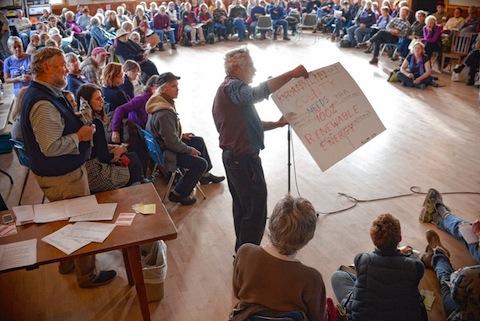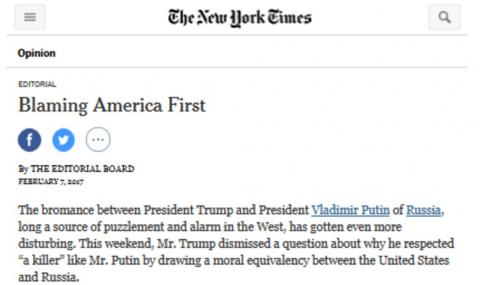Local Progressives Continue Working Toward 'Political Revolution'
The Recorder

FCCPR, a grass-roots effort that morphed out of the Pioneer Valley for Bernie (Sanders) organization last summer, turned its emphasis from "get out the vote" to long-range issues.
"We said, 'We'll stick together and work on issues long-term,'" said Cohen.
Seven task forces have been meeting every couple of weeks to actively advance their seven areas of concern, including civil rights, education, electoral politics and workers' rights.










Spread the word